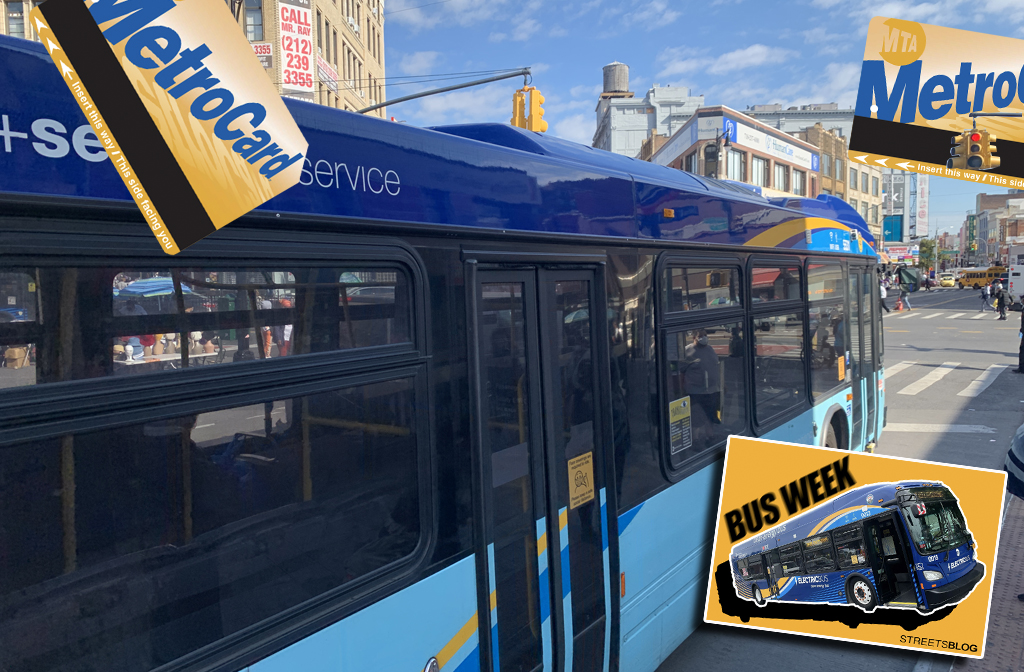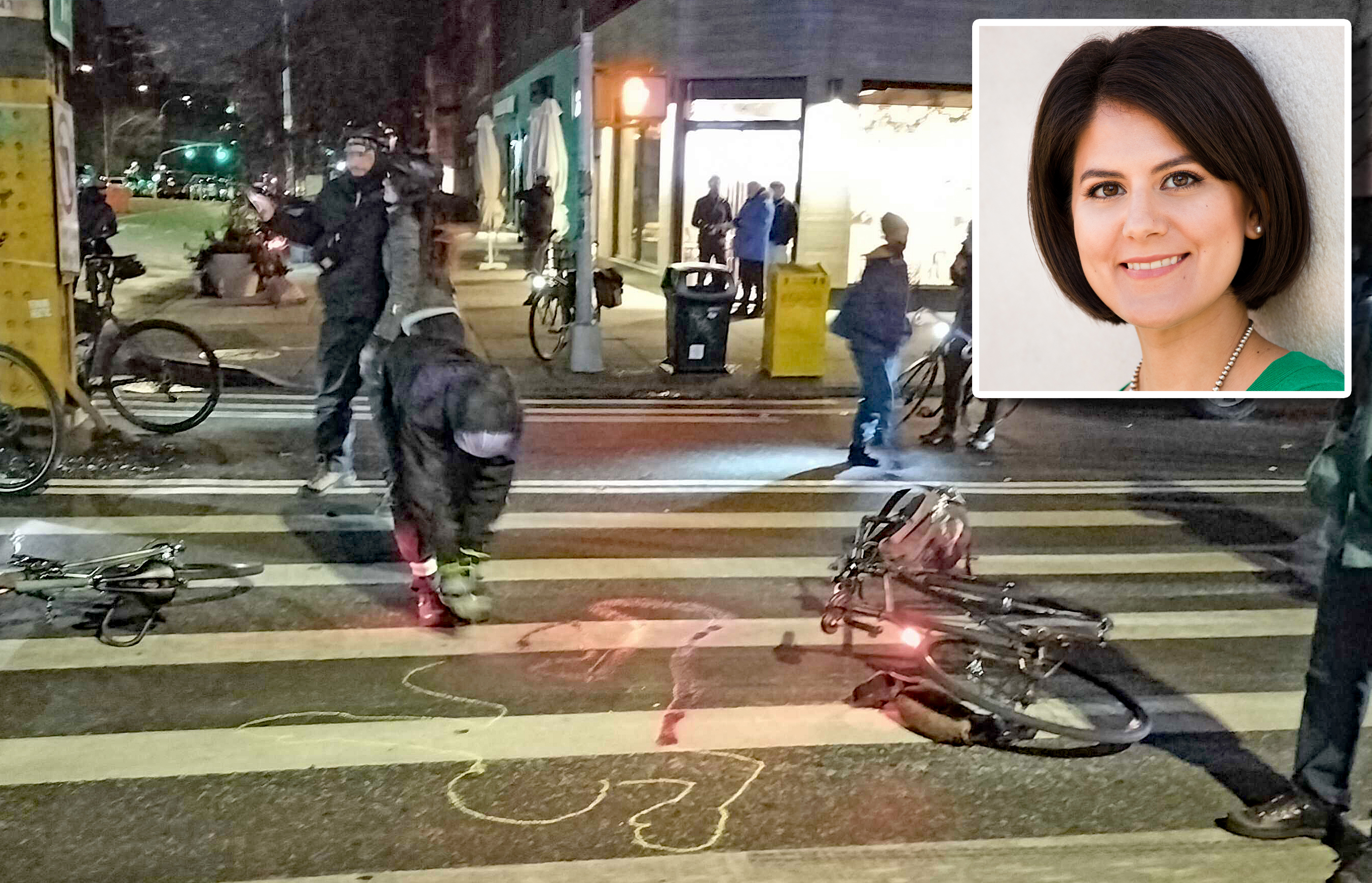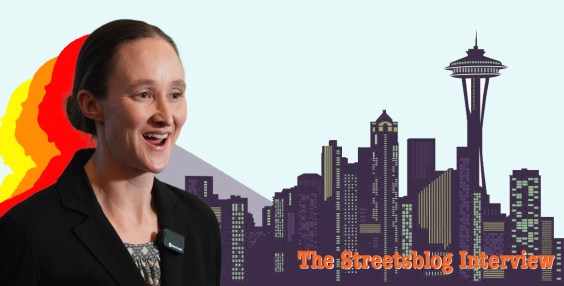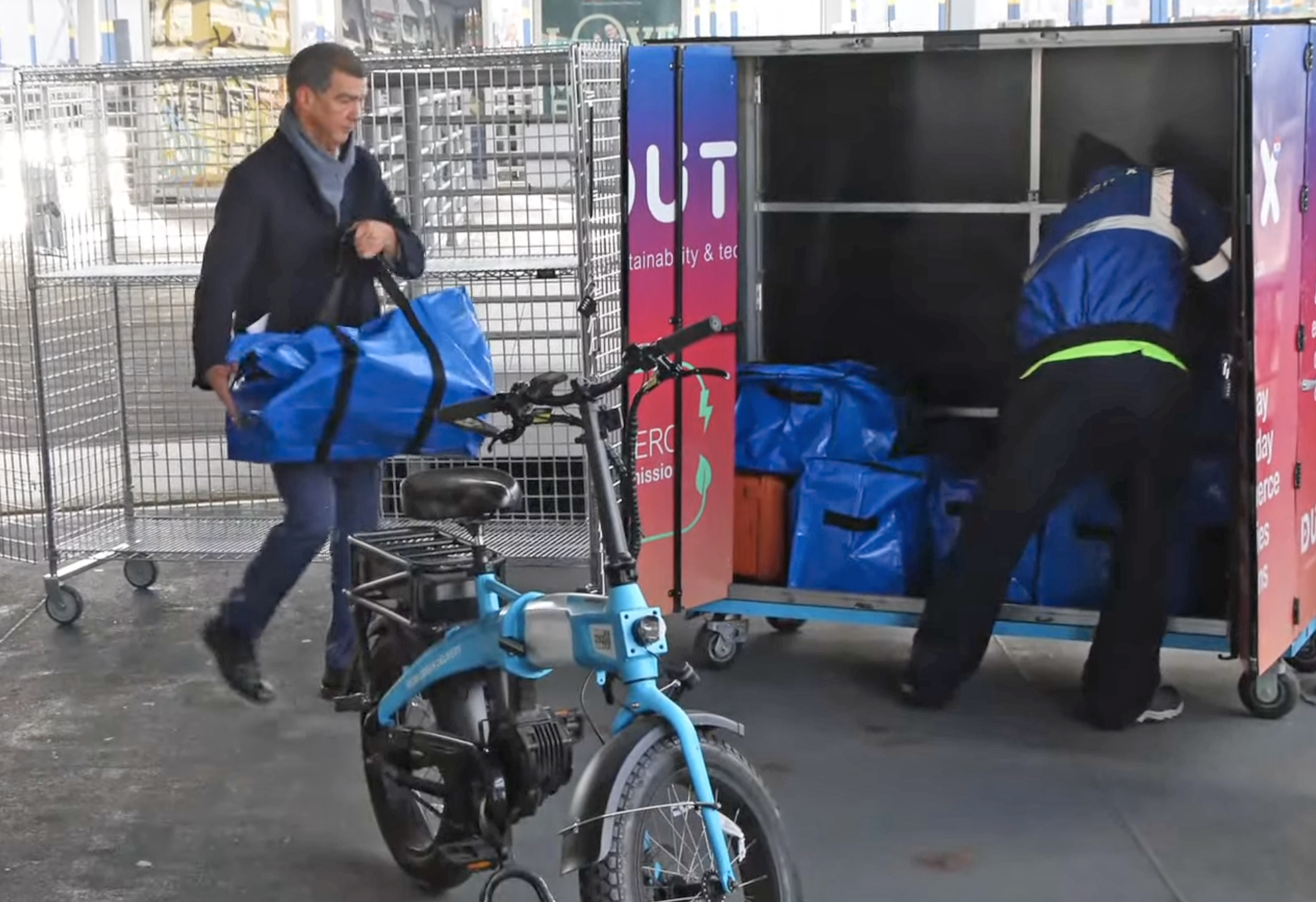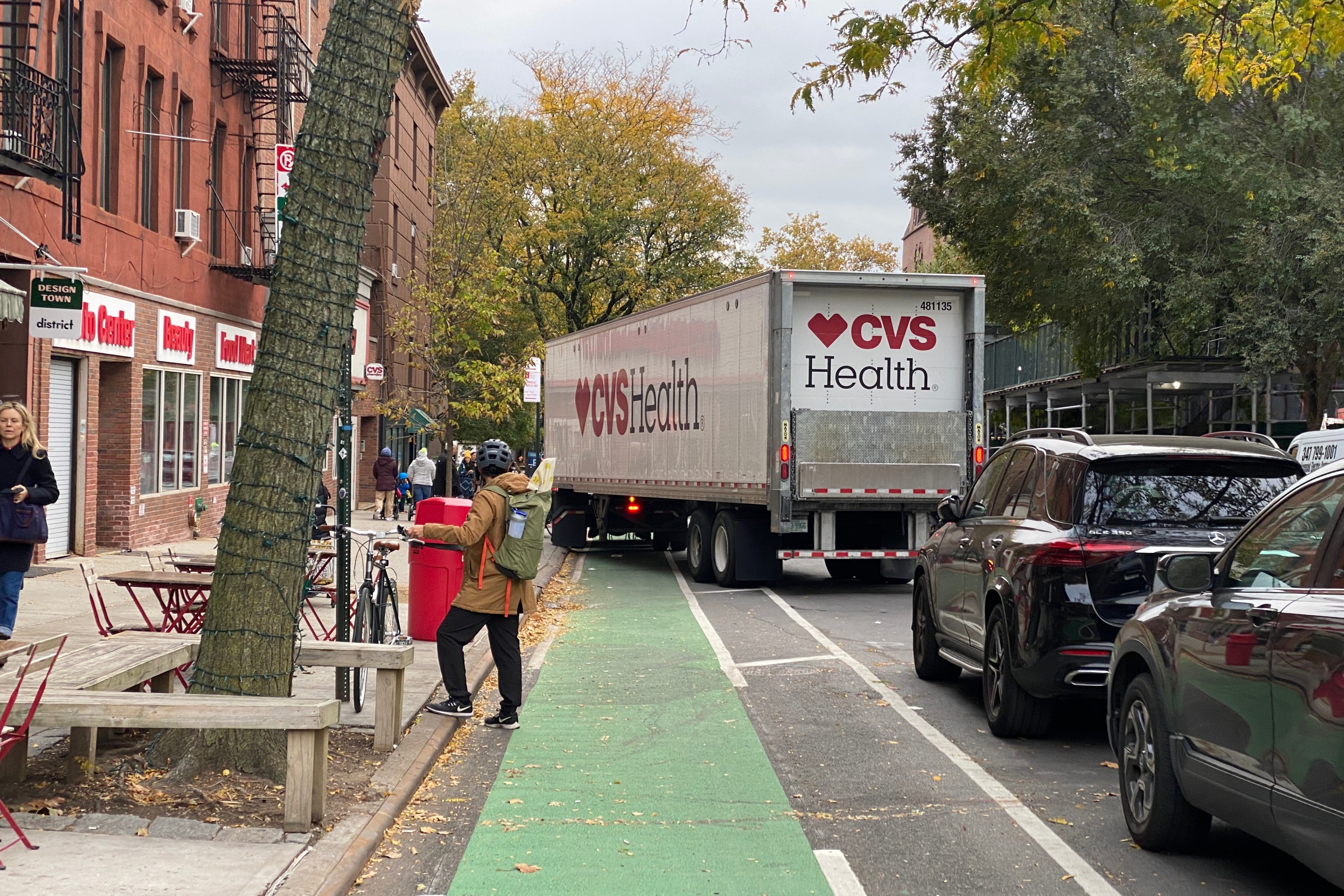City buses would run more frequently under new proposals from state legislators in Albany, who included increased bus services and new fare discounts in budget proposals released on Monday night and Tuesday.
Both the Assembly and the state Senate included $90 million for increased bus service and 15 more free bus routes — a package known as "Get Congestion Pricing Right" — in their proposed "one-house" budgets, which will serve as the basis for the legislature's negotiations with Gov. Hochul.
State Sen. Michael Gianaris (D-Queens) and Assembly Member Zohran Mamdani (D-Queens) proposed the package in February. They based their proposed $45 million for expanded bus service on MTA estimates for how much the agency could spend on additional bus service without just jamming more buses into New York's notorious gridlocked traffic.
The legislators have pitched additional bus service as the missing piece ahead of this summer's expected launch of the central business district toll, which will charge drivers to enter Manhattan below 60th Street to fund transit improvements.
"We are at a decisive moment that will determine whether we get congestion pricing right, or leave commuters behind," Mamdani and Gianaris said in a joint statement. "In London and Stockholm, investment in bus service was key to the success of congestion pricing. London increased bus service by 17 percent before the rollout of congestion pricing."
Bus service improvements would do whatever is the opposite of a transit death spiral, which occurs when service is cut. According to an analysis from transit expert Alon Levy, every-six-minute service on subways and buses could boost transit ridership by 15 percent.
The proposed funding would beed up frequency on bus routes that feed into subway stations, according to the text of the "Get Congestion Pricing Right" legislation. Crucially, the chosen routes must "have capacity for more frequency absent infrastructure changes," according to the legislation — a not-so-subtle shot at City Hall's disinterest in building out bus lanes under Mayor Adams.
Legislators last year gave the MTA money for more-frequent service on subways, but not buses. Their push for more bus service undercuts talking points from Transport Workers Union International President John Samuelsen, who has claimed the MTA and lawmakers haven't focused enough on increasing bus service in advance of congestion pricing.
Transit advocates praised the proposed funding as a necessary before the traffic toll goes live this summer.
"With congestion pricing rolling out this summer, this budget is the moment for Gov. Hochul to invest in and strengthen the bus network that reaches every neighborhood," said Riders Alliance Director of Policy and Communications Danny Pearlstein.
Mamdani and Gianaris also proposed $45 million to expand the existing free bus pilot enacted by the legislature last year. The program currently encompasses just one free route in each borough. Their legislative budget proposals expand the number of free bus routes to three more in each borough — for a total of 15 more free routes.
Under the new legislation, the MTA must select free routes based on service adequacy, equity for low-income communities, the access they provide to commercial centers, and whether they serve at least 20,000 riders per day.
The MTA hasn't said much about the existing free bus pilots. New York City Transit President Rich Davey told Our Town in December that ridership had increased between 7 and 20 percent on the free lines.
Both houses agreed that they wanted more bus service, but legislators split on exactly how they wanted to provide more fares discounts to riders.
In the Assembly, legislators proposed to spend $127.5 million to expand "Fair Fares" eligibility from 120 percent of the federal poverty level to 200 percent, and to expand the discount to cover express buses. Assembly members also want to spend $50 million to create a low-income discount ticket program for the Long Island Rail Road and Metro-North.
On the other side of the chamber, the state Senate budget proposed an indeterminate amount of money to expand Fair Fares to the LIRR and Metro-North. Senators also want to spend $40 million for a discount ticket program that would give reduced morning rush hour fares to seniors and disabled riders on the LIRR and Metro-North, and to create a weekly CityTicket.
The CityTicket proposal would allow commuters to buy a weekly LIRR or Metro-North ticket good for unlimited intracity travel, plus a free transfer to the bus or subway. The concept is a longtime policy goal of the Permanent Citizens Advisory Committee to the MTA, whose leadership hailed its inclusion in the State Senate's budget proposal.
"All New Yorkers, regardless of income, ability, or age, should be able to access the commuter rail service that serves their community," said PCAC Executive Director Lisa Daglian. "Creating a weekly CityTicket with free transfers to subways and buses, expanding half fares for senior, disabled, and Medicare-eligible riders to the AM peak, and expanding Fair Fares to the commuter rails within New York City are critical steps toward a more affordable, equitable, and accessible transit system."
The legislators' inclusions of all of these ideas in the budget proposals doesn't guarantee they'll survive meat grinder negotiations with Gov. Hochul. However, last year, it was state legislators who pushed for — and won — the free bus pilot, and pressured the MTA to add service on the subway.
A spokesperson for Hochul did not comment on the proposals, and instead said the governor would see how and if they fit into her goal of long-term stability for state finances.
"Gov. Hochul’s Executive Budget makes record-setting investments in New York’s future while ensuring the state remains on a stable long-term fiscal trajectory, and she will work with the legislature to craft a final budget that achieves these goals," said spokesperson John Lindsay.
